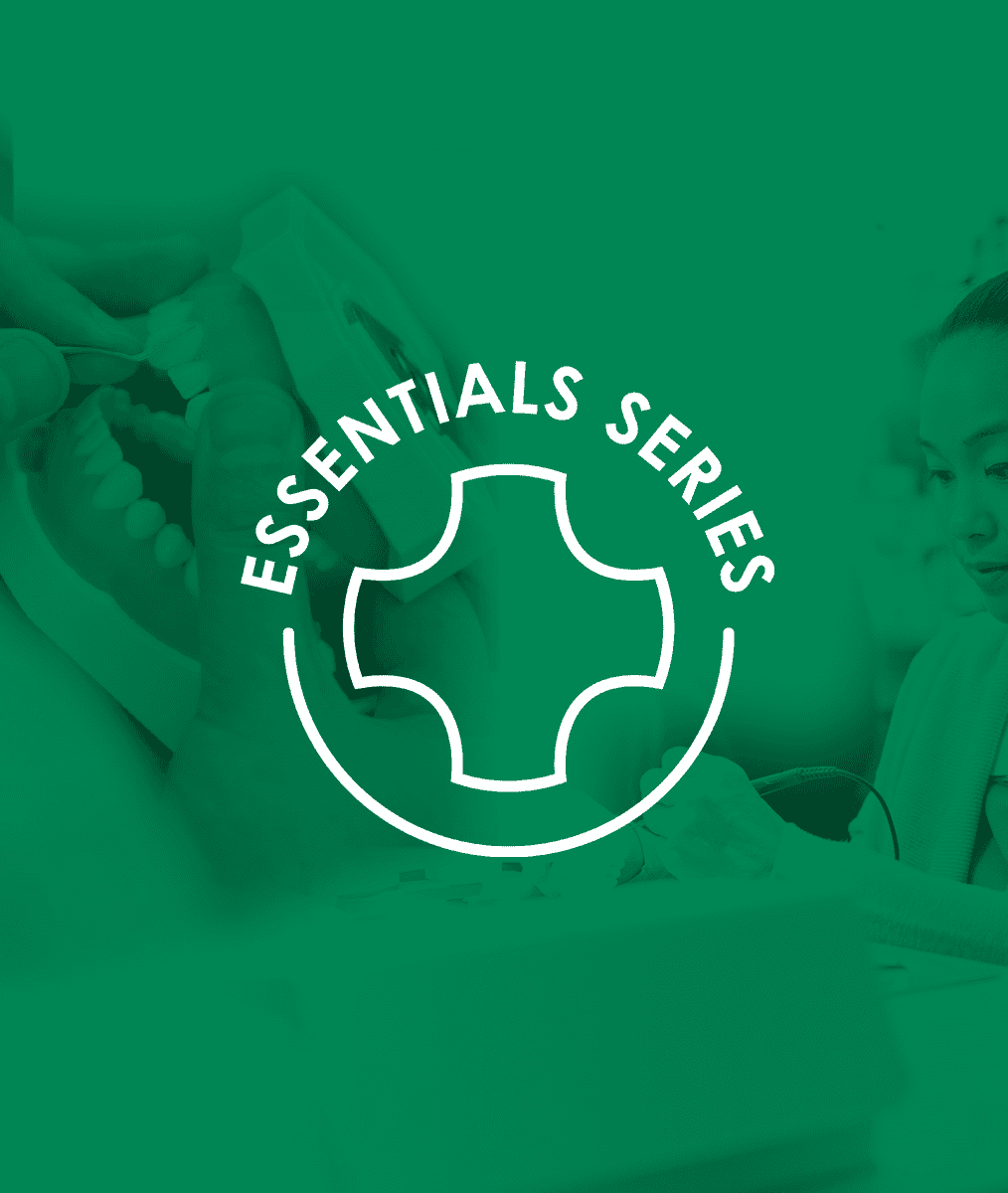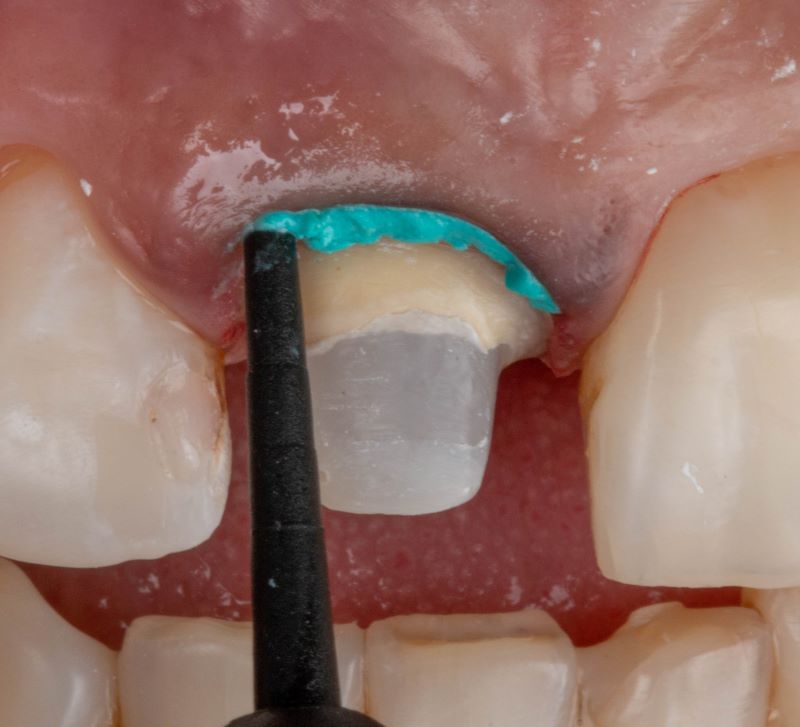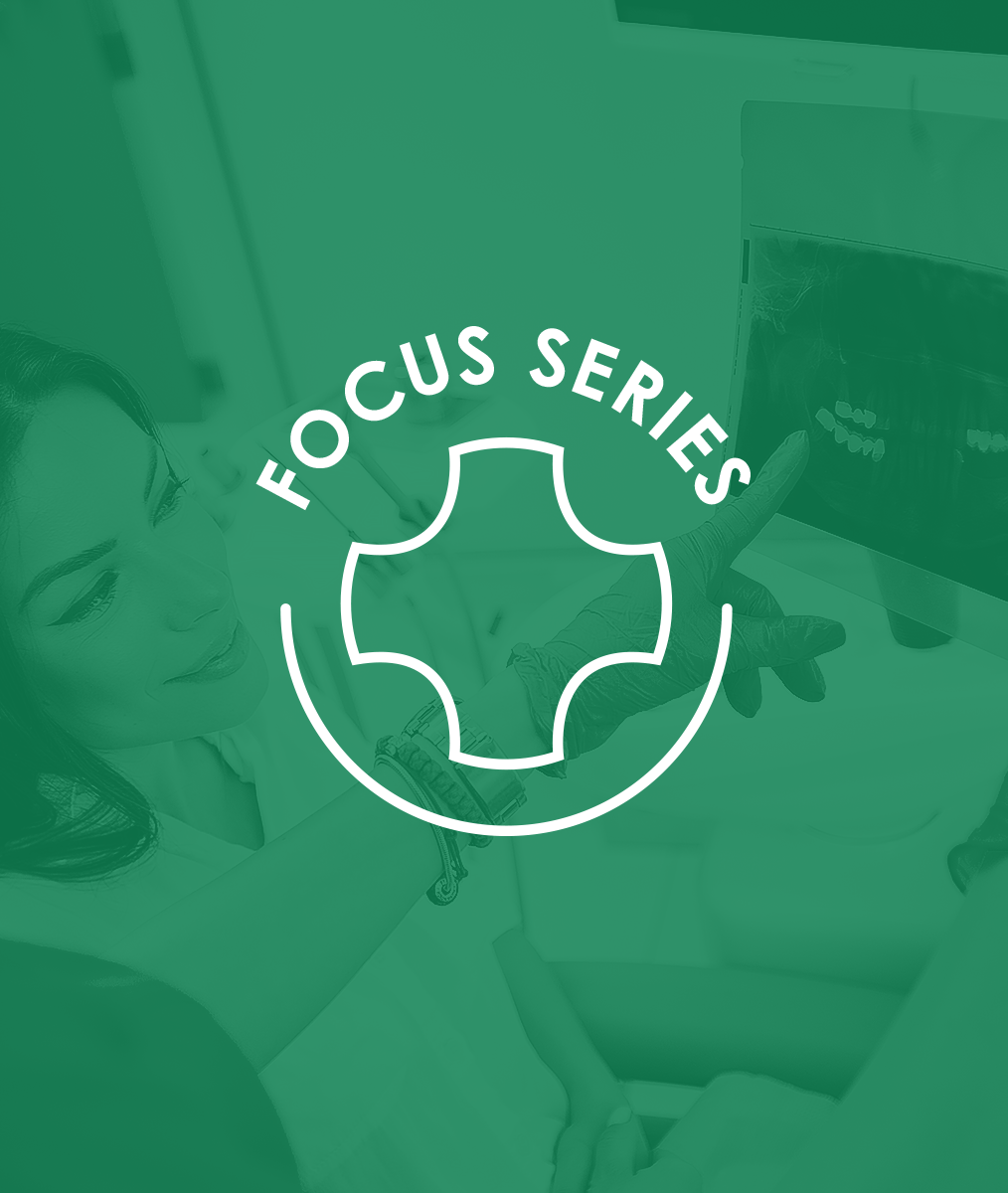How to Move Toward Independence in Dentistry (Part 2)
Mastery sits atop L. D. Pankey’s Ladder of Competency. The question is how does one achieve mastery? Once again it has been reduced to “Just Do It.” But there is more science.
In his 1953 paper, The Achievement Motive, Harvard psychologist David McClelland wrote an original thesis about mastery. Psychologists Deci and Ryan (authors of Self-Determination and Intrinsic Motivation in Human Behavior) acknowledged that this thesis may have described an intrinsic driver even more important than autonomy. They called it competence, but it is now known as mastery.
The pursuit of mastery has been the subject of numerous scholars and authors from Theresa Amabile and Robert Greene to George Leonard. Most agree that mastery is the desire to get better at what we do. It is the need to continually get better, to improve, and to make progress. It is the royal road to growth and flourishing and the opposite of languishing and drudgery (the low rung on Pankey’s Ladder of Competency).
The Process/Progress of Mastery Is Pleasurable
Working toward worthy goals is pleasurable. Making progress produces the neuro-chemical dopamine. According to Dan Pink, author of the popular book Drive, the single biggest motivator by far, is making progress in meaningful work.
At my lowest point in dentistry, I felt stuck…hopeless. My work had lost its meaning. Today we call that burnout. Remember those Thursday mornings I mentioned in Part 1 of How to Move Toward Independence in Dentistry? Those Thursday mornings turned on the light of hope.
We need the freedom to chase mastery. That freedom comes from autonomy. Without the intrinsic driver of autonomy, it is difficult to sustain the drive necessary to achieve mastery. This is based on our biology, not just some story, fairy tale, or business myth.
So, after scheduling Thursday mornings to practice autonomously, applying the Pankey Institute lessons I needed to learn and make second nature, I slowly put the complex elements of comprehensive, relationship-based dentistry together. I started with the comprehensive examination and built on that by learning all the components from mounting of models to the nuances of advanced occlusion. It took time…but driven by dopamine and progress, slowly I was installing my model practice.
Behavioral Skills and Technical Skills Are Both Important
In time I came to realize that learning the softer behavioral skills were just as important as the technical, so I learned about case presentation. Through the years I learned new skills like digital photography and PowerPoint. This is the essence of mastery. I am retired now. Looking back, I see how that the moment Dr. Becker suggested implementing the “Pankey Morning” changed my life.
There Is a Way to Enjoy Dentistry
Today things are different than when I was a young. There is pressure to go right into corporate dentistry or practice in a way that is built on extrinsic motivators. Many of the newer models of practice are an assault on autonomy, and many dentists don’t realize the root of their unhappiness for years.
My new book, The Porch, is a fable about a dentist who is losing his autonomy and breaks down. By finding a mentor and keeping his eyes on the ultimate prize, he goes from despair to hope. The book provides lessons the young dentist learns along a path of mastery, with the leadership and support of other colleagues.
Pankey Institute instructors, mentors, and colleagues inspired and encouraged my personal path. As I recall, many of them started on their personal fee-for-service journey, like I did, with focus on changing and mastering a new approach to patient examination, education, and leadership — one new patient at a time, one morning per week.
Our constantly growing Pankey Institute community has stayed “on the porch” of conversation, like the Stoic philosophers under the stoa, to grow in shared wisdom over 50 years. This wisdom is never outdated, even as dentistry has changed. There is a way to enjoy dentistry. My mission is to keep writing and awakening hope.
Related Course
E3: Restorative Integration of Form & Function
DATE: October 13 2024 @ 8:00 am - October 17 2024 @ 2:30 pmThis Course Is Sold Out! Understanding that “form follows function” is critical for knowing how to blend what looks good with what predictably functions well. E3 is the phase of…
Learn More>











